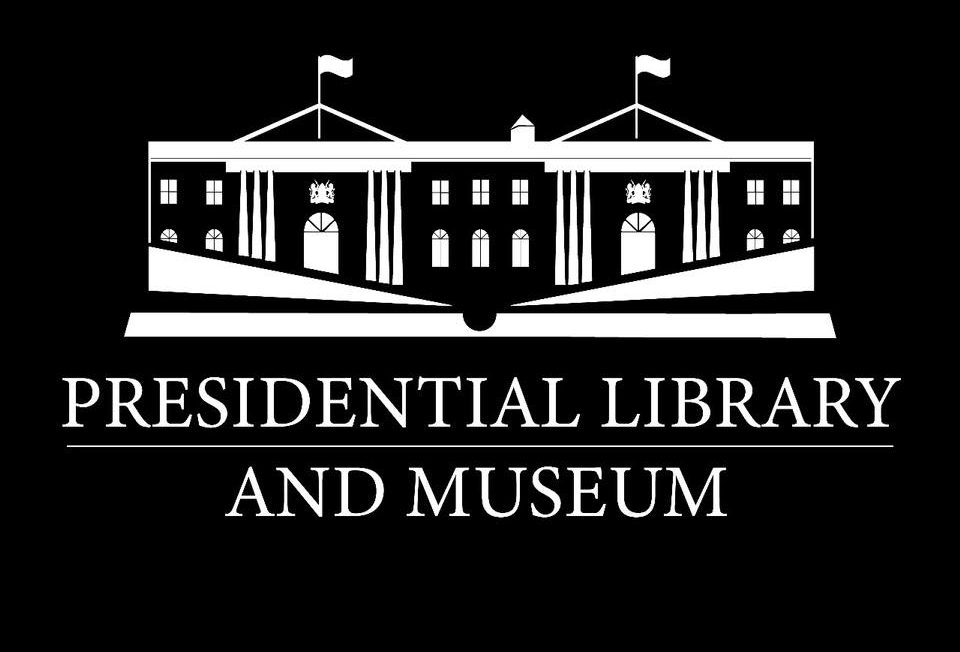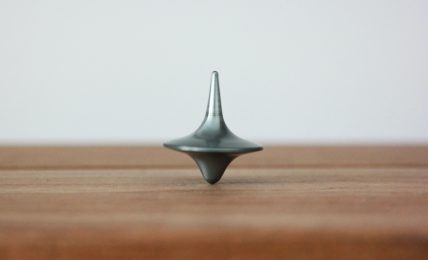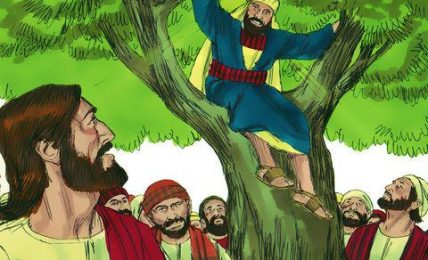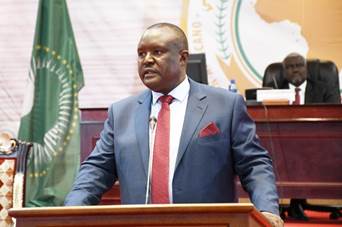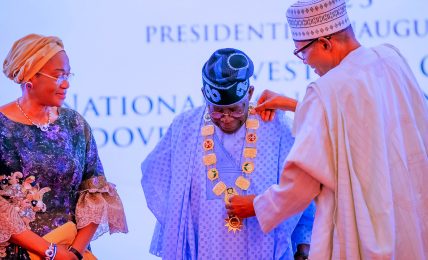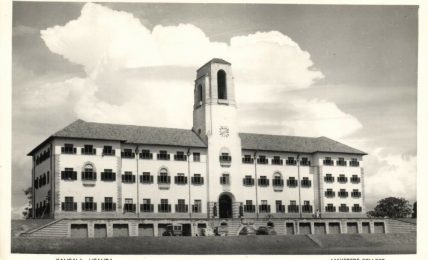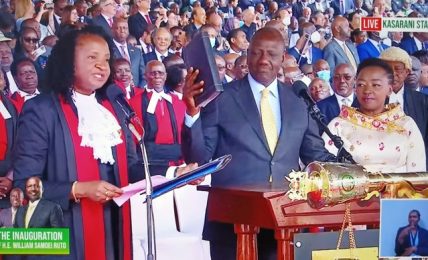It Is Time for Presidential Libraries in Kenya
The history of Kenya’s presidents and intrigues in their regimes is scattered. It’s in museums, newspapers, private homes, books and unknown places. Those who have and are still recording the history are doing it in their own perspectives and blurring what they think should be forgotten. With the death of all three former presidents, it is time to build respectable libraries that carries information of the three presidents and details of their tenure; albeit for the future and prosperity of this country.
